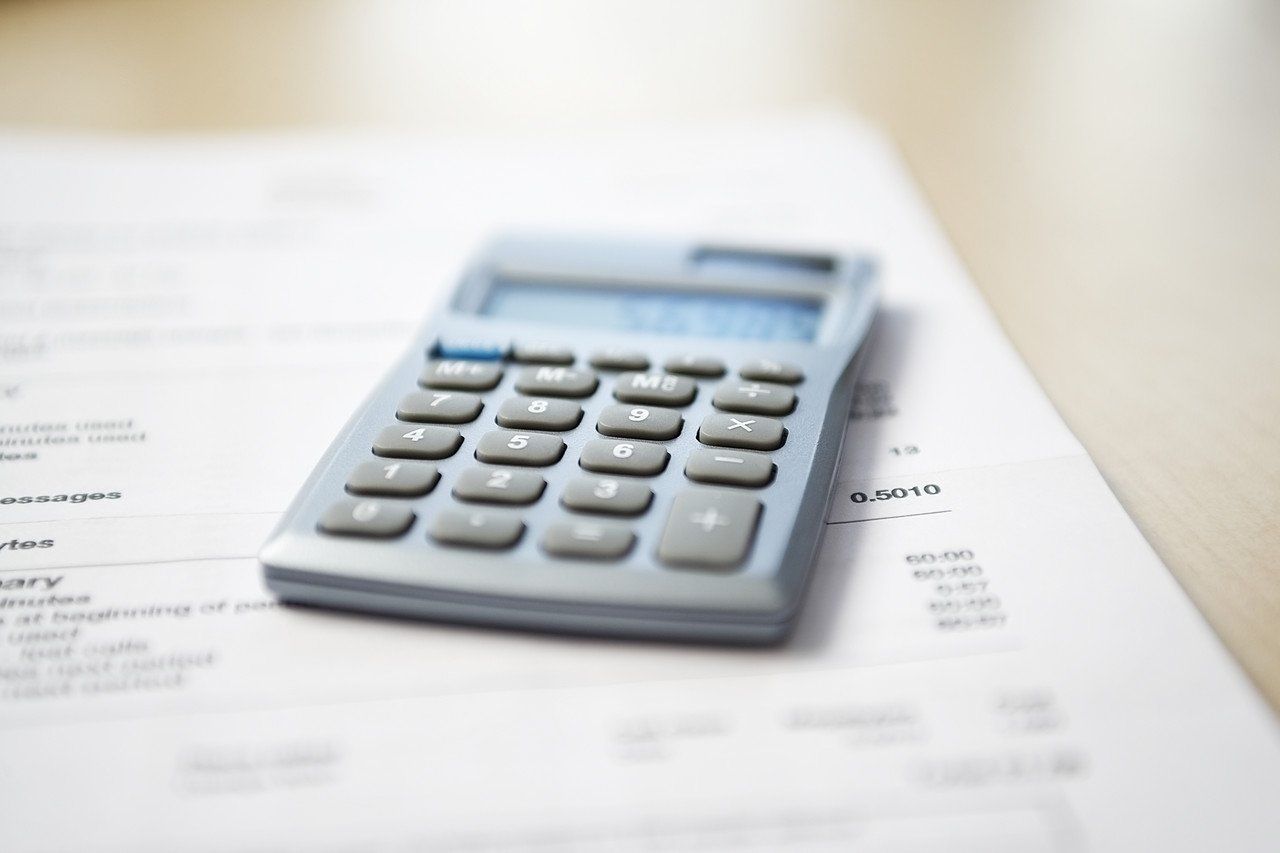How to Get Your Unique Taxpayer Reference (UTR) Number
How to Get Your Unique Taxpayer Reference (UTR) Number: A Simple Guide for First-Timers
If you’re self-employed or starting a business in the UK, one of the first things you’ll need is a Unique Taxpayer Reference (UTR) number. Without it, you can’t submit your self-assessment tax return, which could lead to penalties from HMRC. But don’t worry-it’s easier than you think!
Why Do You Need a UTR Number?
Earning money as a freelancer, sole trader, or propety owner? Then the UK government requires you to file a self-assessment tax return. Your UTR is the number HMRC uses to track your tax filings. Without it, you won’t be able to submit your return, which can lead to fines and extra stress. So, let’s make sure you get it right the first time!
If you are incorporating a Company the HMRC will send a UTR to its registered office automatically, no need to apply.
How to Register for Your UTR Number: A Step-by-Step
Registering for a UTR is simple. Just follow these three steps:
1.
Register for Self-Assessment
The easiest way to get your UTR is by
registering for self-assessment on the HMRC website. If you haven’t already, you’ll need to create a Government Gateway account to complete the process. You can also register by post, but that’s slower.
2.
Provide Your Details
When registering, HMRC will ask for some basic information like your name, address, date of birth, and National Insurance number. If you’re registering a company, you’ll need your company details as well.
3.
Receive Your UTR
After you’ve completed your registration, HMRC will send your UTR by post within 10 working days. If you live abroad, it may take up to 21 days. You can also find it in your Personal Tax Account online or through the HMRC app.
What You’ll Need to Register
Before starting the process, make sure you have the following information handy:
- Full name and address
- National Insurance number
- Date of birth
- Contact details (phone and email)
- The start date of your self-employment
- Business details (if applicable)
If you’re setting up a limited company or partnership, you’ll also need your business registration address and information on shareholders or partners.
How to Find Your UTR Number
Once you have your UTR, you’ll find it in the top right corner of letters from HMRC, such as your tax return reminder or payment notices. You can also log in to your Personal Tax Account or use the HMRC app to check it anytime.
If you
lose your UTR, just call HMRC at 0300 200 3310, and they’ll send it to you again.
What Happens If You Don’t Register?
Failing to register for a UTR means you won’t be able to file your tax returns. If you earn more than £1,000 from self-employment, HMRC requires you to submit a return. Not filing on time can lead to penalties, late fees, and, in extreme cases, legal action.
So don’t put it off - getting your UTR now will save you headaches later!
Can an accountant help me get my UTR number?
Yes, an accountant can
help with obtaining a UTR (Unique Taxpayer Reference) number.
Determine if you need a UTR
An accountant can assess your tax situation and confirm whether you actually require a UTR number based on your income sources and tax obligations.
Register you for Self Assessment
If needed, an accountant can help with the process of registering you for Self Assessment with HMRC, which will result in you being issued a UTR number.
Provide guidance
An accountant can explain the UTR application process, help you gather any required documentation, and advise on next steps after receiving your UTR.
Check for existing UTR
If you think you have had a UTR in the past, an accountant can help search for it in previous tax documents or assist you with contacting HMRC to retrieve it.
Expedite the process
Accountants are familiar with HMRC procedures and can often navigate the system more efficiently to obtain your UTR quickly.
Ensure proper activation
Once you receive your UTR, an accountant can guide you through the process of activating it and using it correctly for tax purposes.
Take Action Now
If you’re self-employed or starting a business, getting your UTR number is the first step toward filing your taxes and staying compliant with HMRC. Don’t delay - and avoid the risk of penalties. The sooner you have your UTR, the easier it will be to manage your tax affairs and stay on top of your finances.
Tax time doesn’t have to be overwhelming. With your UTR in hand, you’ll be on your way to filing your taxes like a pro!
How I Help
As your accountant I streamline the process of obtaining a UTR and ensure that all necessary steps are completed correctly. This can save you time and potential headaches when dealing with HMRC. If you have any questions about getting your UTR number or are just not sure what to do, contact my office.












